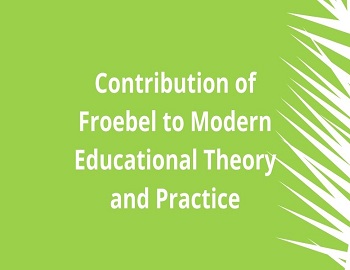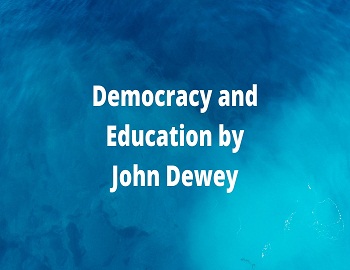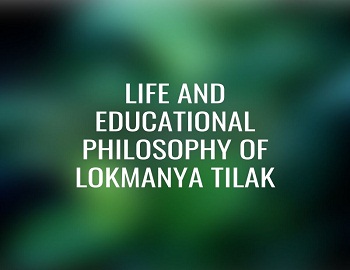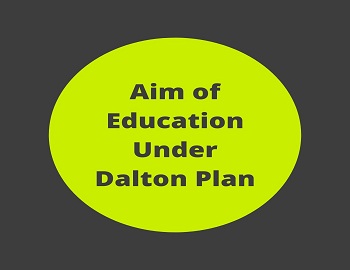Philosophy of Education:
What is Education?
In the words of Adam, “Education is the dynamic side of philosophy.” It is a multi-faceted process, involving the learner, the teacher, the content, the method, the aids, the environment, and so on. It is a tripolar process involving the interaction of the educator and the educand- a modification of the latter’s natural behavior or development on which the educator brings a purposeful influence to bear on his personality in a certain social set-up according to his beliefs, standards, ideals, and values. In this way, we see that the educator is a philosopher as well who tries to develop the child according to his philosophy to attain a desirable type of individual.
Philosophy of Education:
Philosophy of education is essentially a method of approaching the educational experience rather than the body of conclusions. It involves the application of formal philosophy in the field of education as value judgments are needed in solving the problems of education. It specifies the ends that education ought to follow and the general means it should use to attain them. It is a philosophical process of solving educational problems through philosophical methods and from a philosophical attitude of mind. It searches for the answer to the ultimate question regarding education. It tries to understand education in its totality.
Need for Philosophy of Education:
As life and education are considered to be coterminous, educational philosophy helps in the teaching of the ultimate problems of life, as the problems of education and the problems of life are, more or less, akin. Educational philosophy enables teachers to make effective use of it, in handling many of the problems they face, in an efficient manner, giving sufficient enlightenment to them and putting them out of the crude conception and devilish deceptions.
Philosophy clarifies and enlightens many of the educational issues and problems. Further, philosophy provides the necessary zeal and inspiration to the teachers in accomplishing the educational tasks and in developing and adopting the philosophy of education and life of their own. The philosophy of education clarifies the meaning of the good life and provides guidelines for educating the young so that they can achieve the goal of good life. It is, therefore, necessary that teachers must know the philosophy of education.
Education has been described as the dynamic side of philosophy. It is a practical activity of philosophical thought. Every educational practice is illumined with the backdrop of philosophy. Thus it is necessary for all those who are concerned with teaching or learning must have knowledge of philosophy.
There is a great need for a philosophy of education as it provides original ideas regarding all aspects of education, particularly educational aims.
The principles underlying all educational behavior are derived from the philosophy of education. It is only through a philosophy of education that one determines the curriculum, the textbooks, the methods of teaching, methods and standards of evaluation, the method of maintaining discipline, etc. Hence, the teacher should study educational philosophy.
The philosophy of education assists in bringing about better teacher-pupil relationships by setting up moral and social values that the pupil has to achieve through the process of education.
Education aims at establishing a welfare society. It is the philosophy of education that clarifies the concept of a welfare society and the role that education should play in the establishment of such a society. This clearly shows that there is a need for a philosophy of education.
One of the important aims of education is to provide knowledge. Knowledge, however, requires a global outlook and a synthesis of various types of information and experiences. Without this philosophical activity, no education is possible. Therefore, the need for a philosophical basis for education is rooted in the branch of philosophy known as epistemology. Besides its synthetic function, philosophy also criticizes the postulates and conclusions of different sciences. Therefore, there is a great need for philosophy in the field of knowledge.









Comments (No)